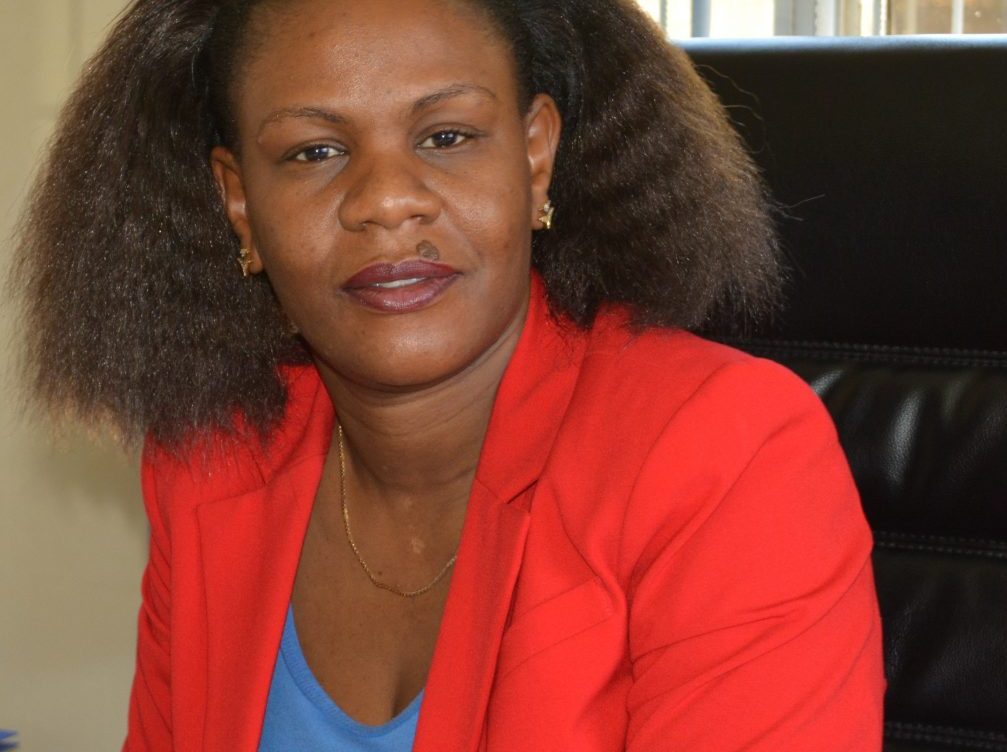
Creating opportunities for communities to speak for themselves
By Lilian Saka Kiefer
Facilitating interventions that give an opportunity for the people most affected by developmental challenges to communicate their issues, forms the core of our work at Panos Institute Southern Africa.
When communities have platforms and means to speak about development challenges, how they experience them, what they see as causes and how they believe such issues could be addressed, they position themselves to contribute to addressing the issues. In cases where communities identify themselves as the ones responsible for addressing their challenges, the communication process must take a turn to build their capacity to effectively mobilise each other and take corrective and collective action. Otherwise, if the answer lies in the actions of some external stakeholders such as State agents, the focus is on building capacity of the community members to effective engage State agents and communicate their issues. Is it not enough to build their communication skills, there is need to facilitate access to platforms where they can engage these people meaningfully.
Facilitating community action groups, radio listening clubs and other community platforms through which the ordinary voices can be heard has worked effectively. Questions are sometimes asked whether it is cost effective and logistically easy to consult communities and then use one loud voice to speak on their behalf, or going the distance to get communities conscientised and prepared to speak for themselves. Cost and time are major factors in this approach. However, the Panos experience has been that for lasting and most effective change, it is more effective when communities speak for themselves. This should not be in their small, remote corners remote where they cannot be heard, but through deliberately crafted platforms that enable them to speak audibly and be heard.
In most cases, Civic actors have grappled with the question: who you speak for and who gives you the mandate to speak on behalf. Of course, it cannot be denied that there is always space to speak on behalf of others, but should this be the main thing? Definitely not. The main thing remains enabling communities to speak for themselves. Development projects therefore should endeavour to plan and budget for meaningful community engagement, capacity building and facilitation of community interactions.
Some key steps from the experience of Panos that are critical in making this process a success include the following:
- Fact-finding: Panos finds that community fact-finding missions are critical in ensuring that context-specific issues are identified and classified accordingly. Fact-finding is a skill that the community must develop and it must be an on-going process not a once-off event.
- The need to employ capacity building interventions that are more practical than academic: Panos does this by ensuring that capacity building initiatives result in community members developing and implementing community actions.
- Community-facilitated Action Planning. Panos ensures that when community members develop action plans, they lead the process themselves and Panos and other external agents just support the processes. This ensures community ownership and enables community members to drive the implementation understanding their motivations behind the plans.
- Community mobilisation for action: community action can be mobilised through various methodologies, but if the main purpose of the action is to stimulate community voices, the mobilisation must be focused on bringing out community voices on various issues. At Panos, we mobilise through community action groups. These action groups have their action plans which they implement and follow up on progress.
- Linking community-based with national level structures: one of the biggest questions that the Panos approach seems to have answered is how to ensure that relevant issues of national interest arising from the community filter into the national debate and create national impact. Lessons from experience are that there must be deliberate efforts to identify key national levels structures than can be linked to the community level structures to escalate issue to the national level. This does not mean losing the community voice but ensuring that the community voice has a platform to feature in the national debate.
The secret weapon remains direct community voice, and the vehicle for this being platforms where this voice can be carried to be heard where it matters most.
The author is the Executive Director of Panos Institute Southern Africa. For feedback, email: lilian@panos.org.zm.